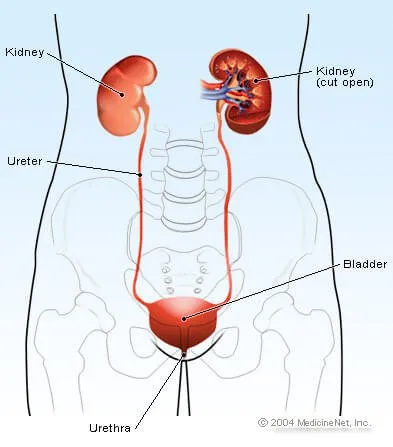Herbalist Dr MziziMkavu
JF-Expert Member
- Feb 3, 2009
- 42,299
- 33,083
Sawa pamoja na wewe haumwi kitu lakini waweza kufanya ( Experiment) majaribio tu kwa kunywa mkojo wako. Si vibaya kujaribu mkuu kuona taste yake ukoje?
....Mkuu MM mie sina ugonjwa wa aina yoyote ile namshukuru Mungu sana kwa hilo na wala sikupinga kwamba kwamba mkojo hautibu maradhi au kudai kama una madhara ya aina yoyote ile.
